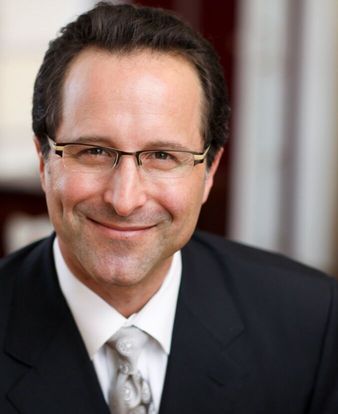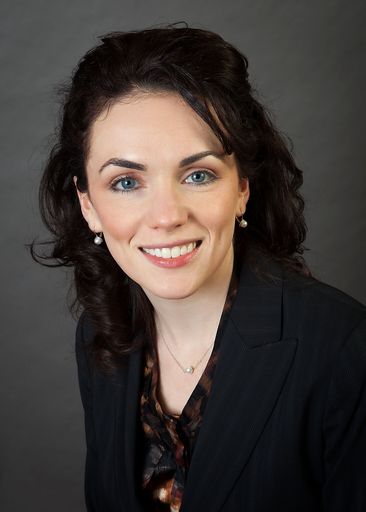
“The math. Wow! There was a lot of math.”
That was David Postill’s lament after he entered Duke University’s Fuqua School of Business’ Global Executive MBA. A marketing maven who’d held V.P. roles at firms ranging from Young & Rubicam to the Toronto Symphony Orchestra, Postill had mastered the intricacies of strategy, client management, and branding. He’d turned Ocean Nutrition into a top brand and managed campaigns for category leaders like Xerox, Bayer, and Kraft. But, as Postill discovered, EMBA programs are full of surprises, even for seasoned and successful executives. When the unexpected arises, EMBA students are often forced to take ownership of their limitations — and build on their existing strengths in the process.

Andrew Asnes
“If I hadn’t gone to business school, I would be a much less effective leader,” Postill tells Poets&Quants. “Personal leadership and the charismatic elements of team management seem to have come easy to me over the years. But through our Leadership course, I’ve come to realize that I have so much more growth and improvement to make. It has inspired and challenged me to become a better me.”
Returning to campus isn’t easy, especially after EMBA students have spent the past decade or two climbing the ladder or building their businesses. The surprises they face are far more than collateral from juggling priorities, finding time for loved ones, and conserving energy. One of the biggest surprises, in fact, carries a strong academic flavor. “Studying is like a muscle,” explains Andrew Asnes, who spent the 27 years after graduation working as a dancer, producer, and entertainment executive before enrolling in Columbia Business School. “If you don’t use it frequently, the muscles atrophy and it takes longer to get them back up to speed.”
Postill and Asnes were just two members of the Best & Brightest EMBAs of the Class of 2016 to be asked about the most surprising aspects of their B-school experience. For many of these top graduates, a big surprise was their classmates, who’d often usurp their first impressions and exceed their expectations.
CLASSMATES DEFY EXPECTATIONS WITH SUPPORT AND INSIGHT

Kathleen McCoy
That was the case for the London Business School’s Jo Buckross. Despite being a rising star at Lloyds Bank who competed in horseback riding and played violin, Buckross fretted about being “overwhelmed” intellectually by peers with higher GMAT scores. However, she soon learned that everyone brought unique assets to the classroom. “I learned that many students would have strength in some areas, but not always all disciplines. Therefore I could support students in some courses, and they would support me in others.”
Even more, adds the University of Virginia’s Laure Katz, through their rich ideas and experiences these peers often deepened the day’s lessons. “Every day, in every class, at least one of my classmates surprised me with some unexpected insight. Each person taught me something, most often something very different from what I would have assumed I would gain from them.” In fact, peer learning became a cornerstone for Kathleen McCoy, who was studying to be a brain surgeon at the same time she pursued her MBA at Washington University. “I have learned as much from these discussions and my interactions with my colleagues in our small groups as through my formal reading.”
The Best & Brightest didn’t just rely on their peers for learning. For Columbia Business School’s Shannon Talbert, for example, the class also acted as an extended family that provided both a supportive community and a network. “In starting the program, on day one, I gained twenty new allies and best friends in all aspects: academic curiosity and exploration, business and professional groups, learning, and — at the most foundational level — personal support and friendship.”
For the University of Chicago’s Omri Krigel, the big shock came when his classmates were willing to climb out of their shells and cut loose. “I was surprised to learn that despite the program’s very demanding academic requirements and extremely tight schedule, my classmates were always up for pushing the limits at the end of the day and exploring what London’s nightlife had to offer,” Krigel says. “I might have expected this from full-time MBA students, but I was happy to see that executives were as spirited and shared the same passion for having fun!”





Questions about this article? Email us or leave a comment below.